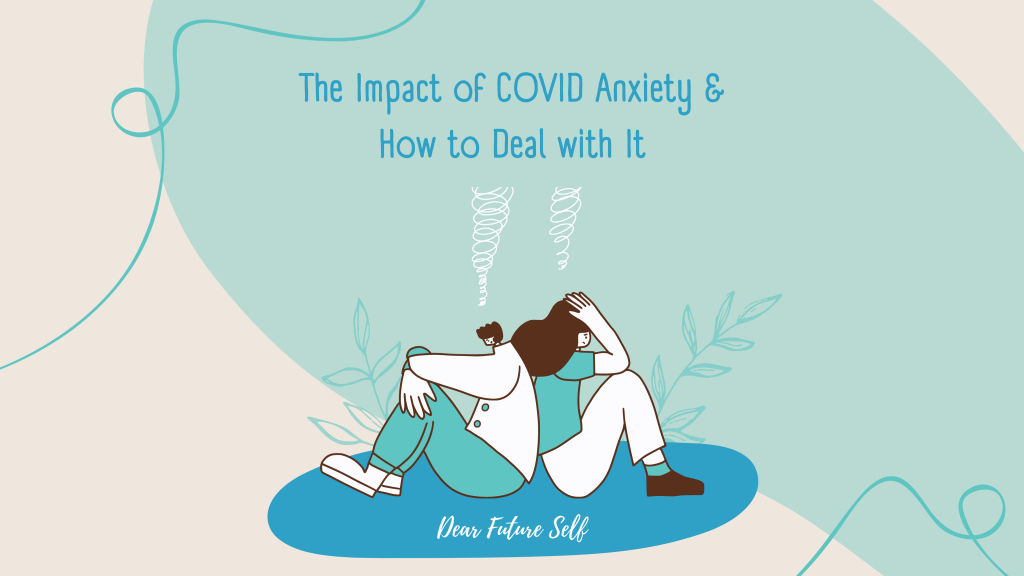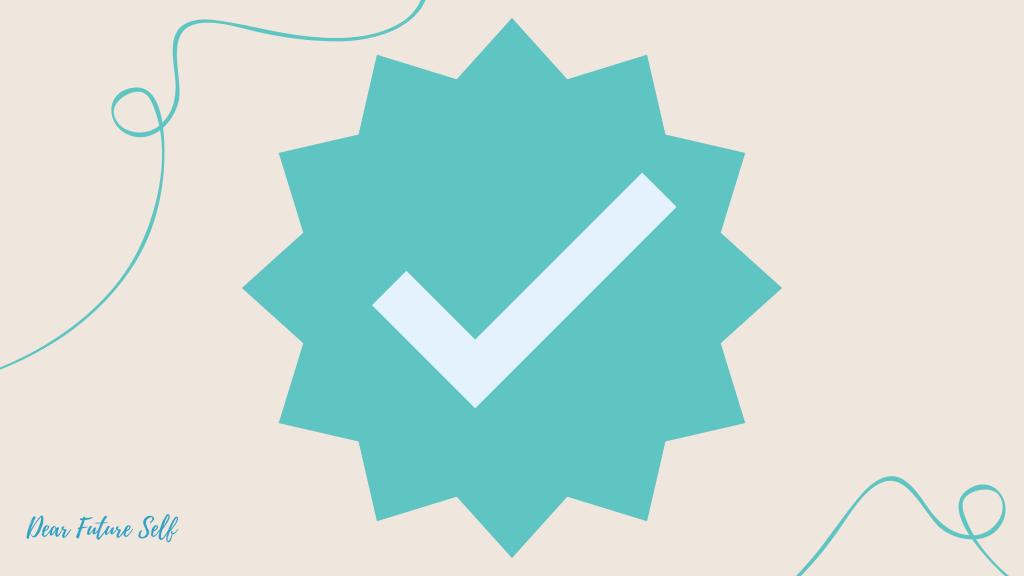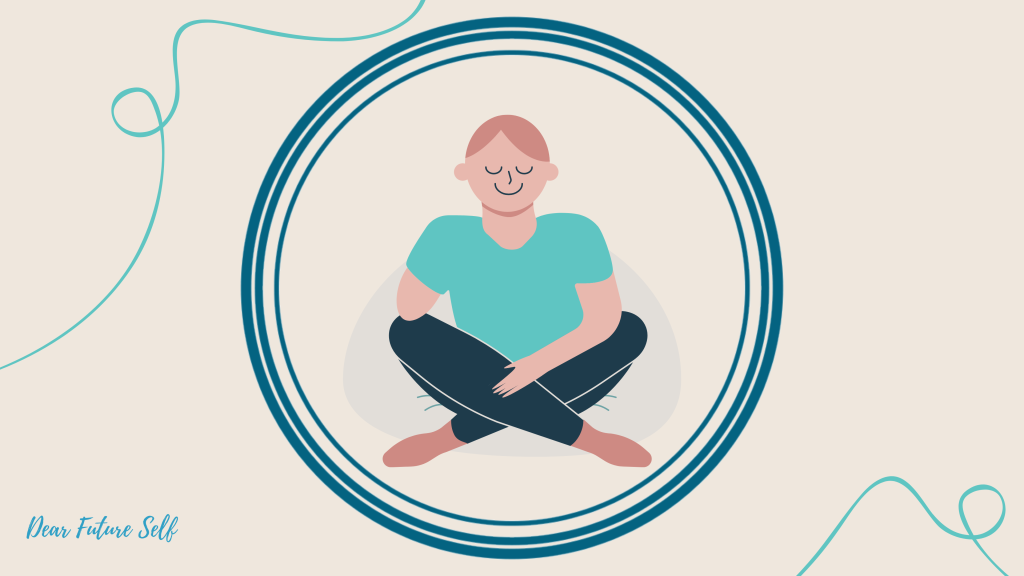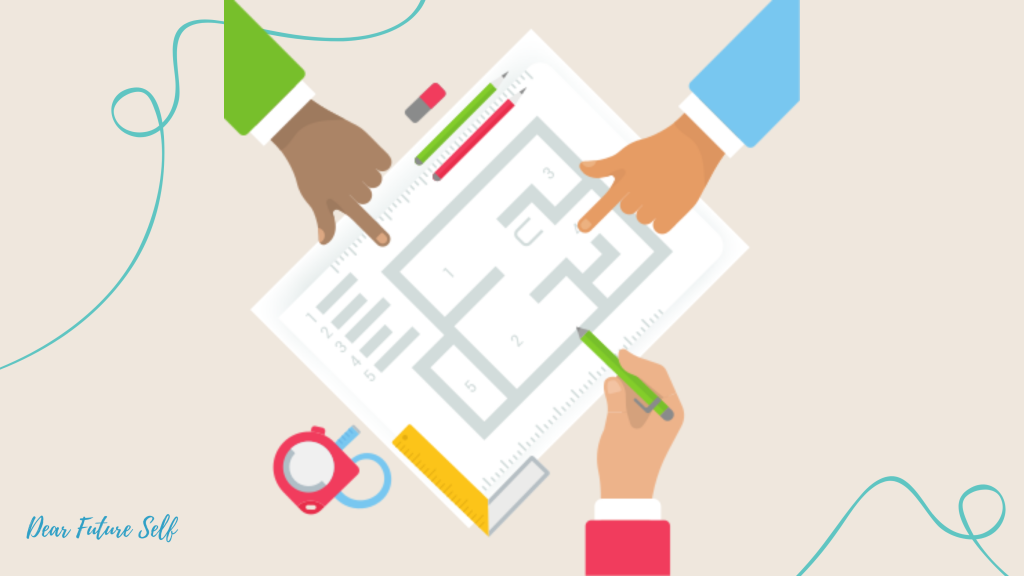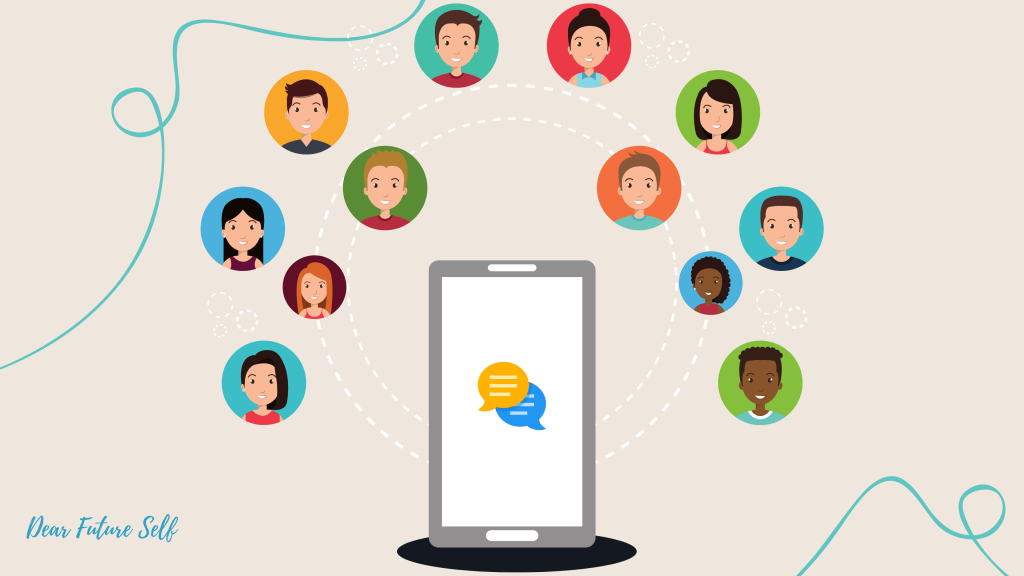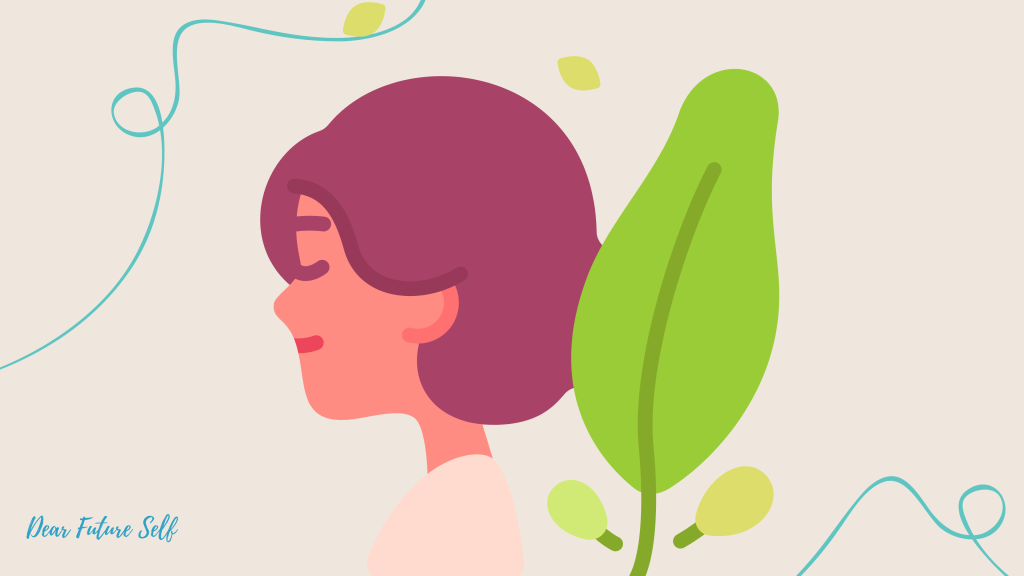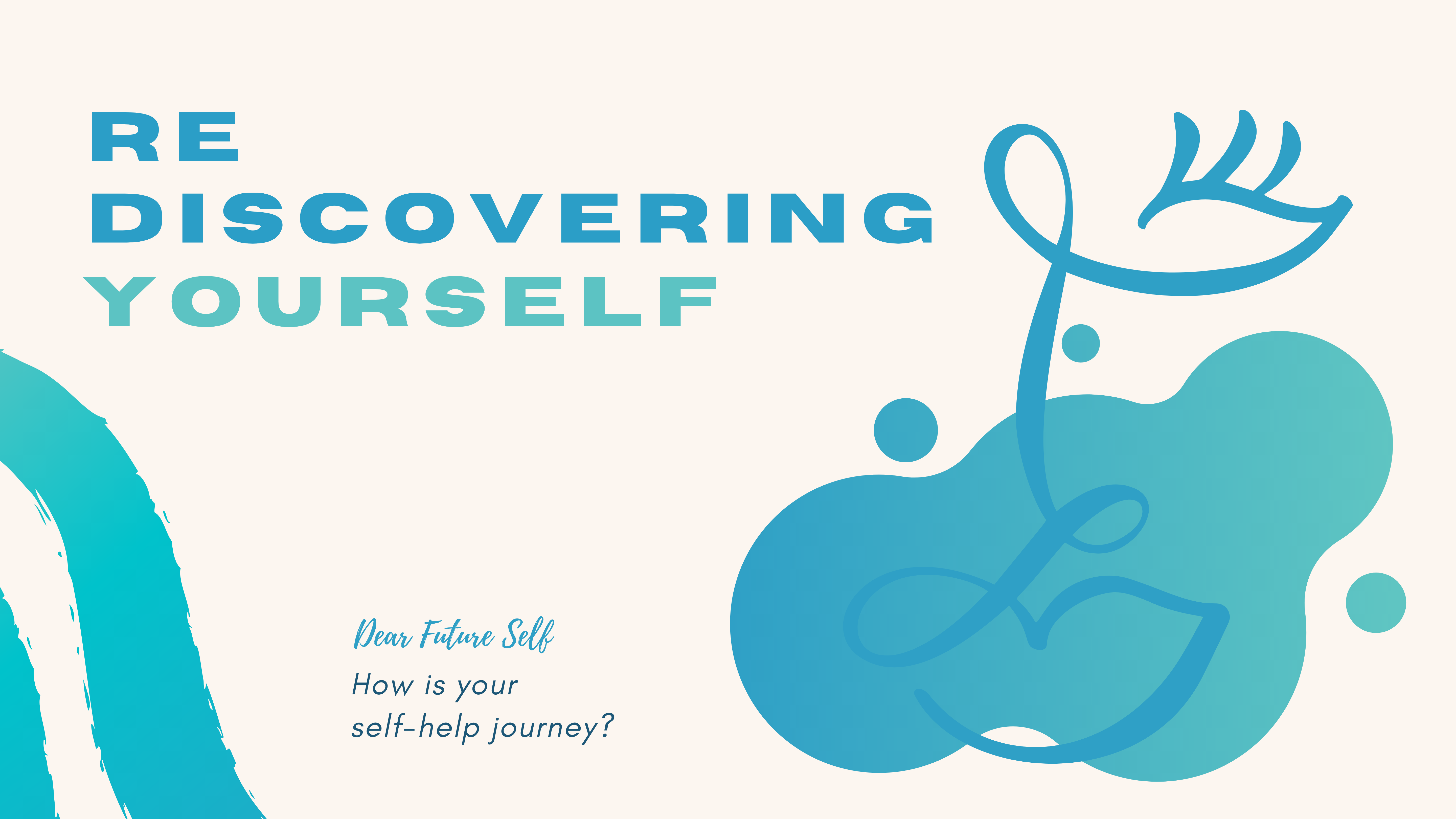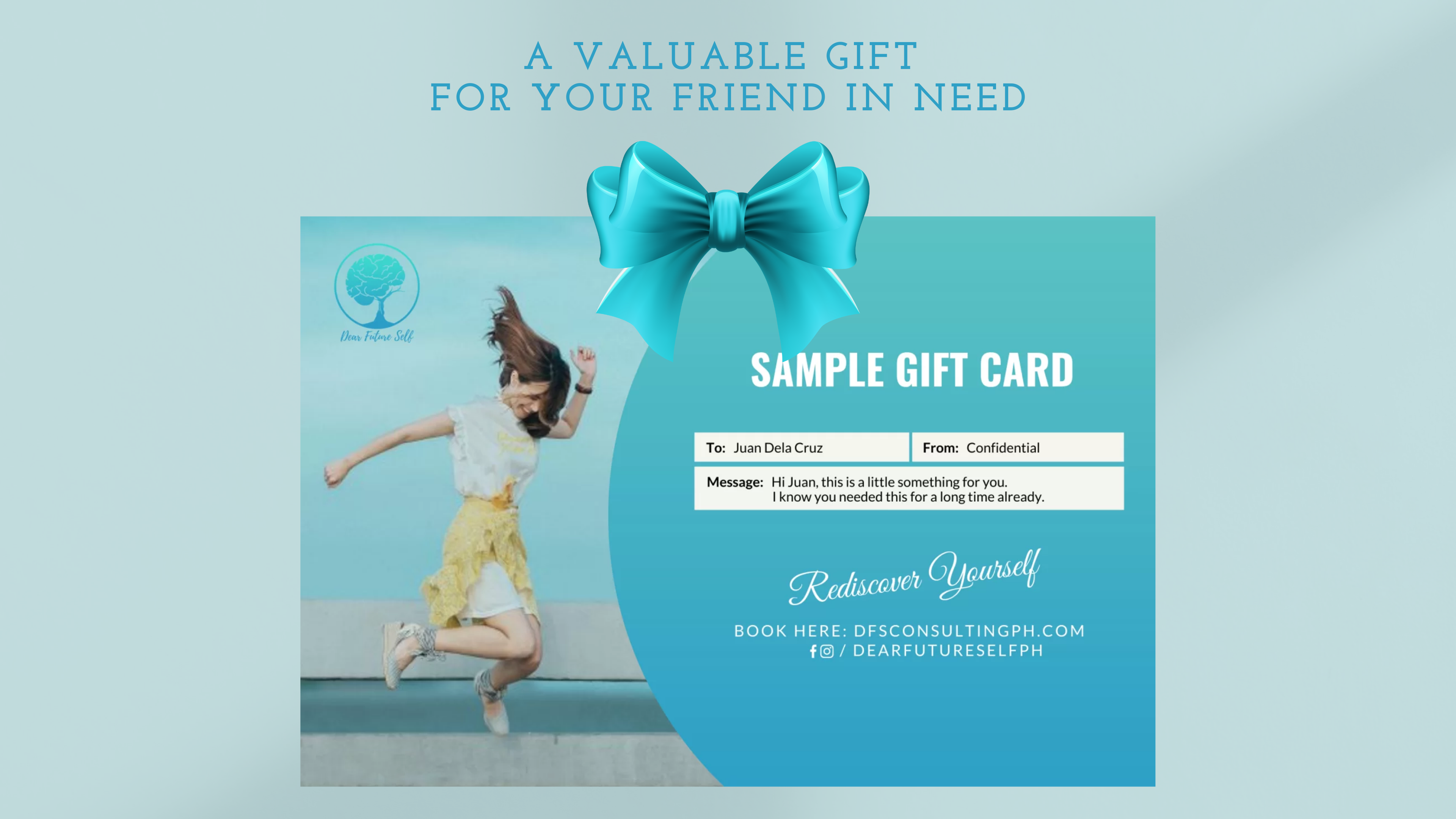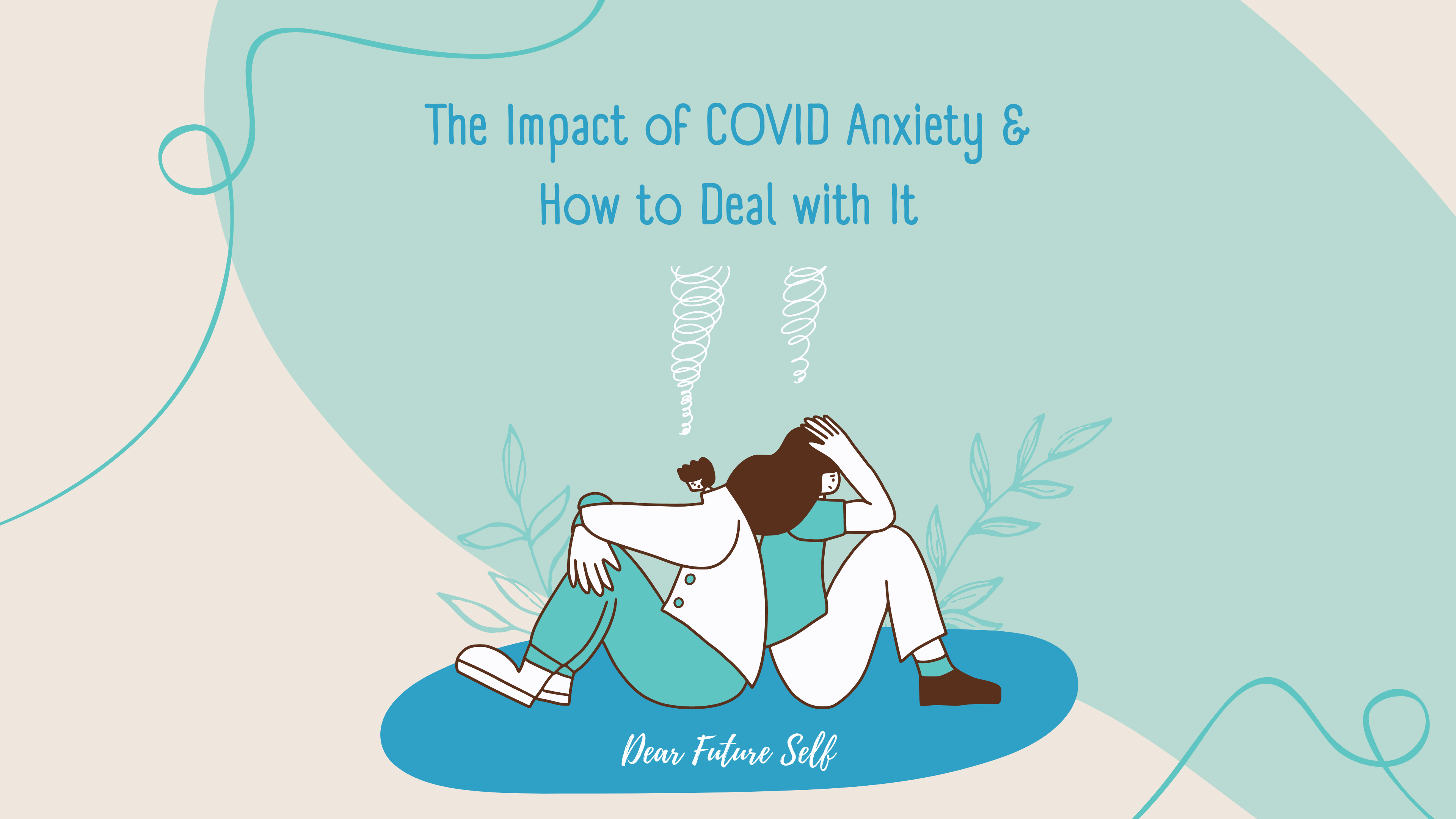
05 Jan Impact of COVID Anxiety & How To Deal With It
HOW TO DEAL WITH COVID ANXIETY
Since the COVID-19 pandemic has started, it has raised fear, worrying and anxiety to people around the world. It really hit an emotional toll especially to those people who already have a mental health illness. People are afraid that they themselves and their family might get infected by the virus. Public health and safety protocols such as social distancing to reduce the spread of COVID-19 makes some people feel isolated and lonely which could lead to increased stress and anxiety (Smith, M.A. & Robinson, 2021). The increase of COVID-19 anxiety may also be related to receiving false information and other covid-19 related information through social media, referring this as an infodemic.
Having constant worrying are prevalent especially that we are in a worldwide uncertainty because of the coronavirus. This makes it hard for us to set concrete goals because no one knows exactly how things will be impacted, how long will this last or how bad things might get. And that is why, it is easy for us to be in the state of overwhelming stress and panic.
Good news is that, there are things that we could do to manage our anxieties and fears.
First, we should always inform ourselves without the risk of obsessing over it. Is important that we are all informed, especially about what’s happening in our own communities so that we can follow the advised safety protocols and precautions as part of our contribution to slow the further spread of the coronavirus. We should also be aware of misinformation around us by researching its credibility and reliability, before believing and sharing it to others.
We should focus on the things that we can control. In the world that is full of uncertainty, especially this time pandemic, there are a lot of things that are out of our control such as the virus infection itself or any life experiences we might have in relation to this pandemic (Smith, M.A. & Robinson, 2021). However, if we focus on the things that is within our control, we might be able to survive this pandemic and these are the following:
- washing your hands frequently (for at least 20 seconds) with soap and water or a hand sanitizer that contains at least 60% alcohol.
- avoiding touching your face (particularly your eyes, nose, and mouth).
- staying home as much as possible, even if you don’t feel sick.
- avoiding crowds and gatherings of 10 or more people.
- avoiding all non-essential shopping and travel.
- keeping 6 feet of distance between yourself and others when out.
- getting plenty of sleep, which helps support your immune system.
- following all recommendations from health authorities.
Plan the things that we think would help us to deal with the worst outcomes by simply writing a step or a list of solutions and options in case. In cases that we get laid off from our workplace or if one of our relatives have been infected by the covid-19, being proactive can help us relieve at least some of these anxieties (Smith, M.A. & Robinson, 2021).
Stay connected with our family and friends or to those people who we think are reliable and those whom we can find comfort and security with. Staying connected with our family and friends reduces the possible effect of isolation as it can also lessen the effect of anxiety. Connecting through social media is a good thing although we should also be mindful of being victims of infodemics. Getting in touch with our loved ones is a good thing. But we should avoid talking a lot about the coronavirus and simply enjoy each other’s conversation or company.
Take care of your body and spirit. We all have excess time especially now that everyone is expected to stay at home. It is important that we use all of that time to take care of ourselves by:
- Being kind to ourselves. By going easy on ourselves if we’re experiencing depression or anxiety than usual, always remember that we’re not alone in our struggles.
- Maintain a routine that we think is best for us, we may have a plenty of time by staying at home and it is important if we could have a daily routine for our welfare
- Spend your time by doing activities such as reading a good book, watching a comedy, playing a fun board or video game, making something—whether it’s a new recipe, a craft, or a piece of art. It doesn’t matter what you do, as long as it takes you out of your worries.
- Enjoy a clean and green environment, a little bit of sunshine and fresh air will do you good or just even a walk around your neighbourhood can make you feel better just remember the safety protocols and avoid crowded areas.
- Look for ways to get some exercise. Maintaining an active lifestyle will help you in releasing anxiety, reducing stress, and managing your mood. You may still cycle, hike, or stroll when the gym and group classes are closed. If you’re at home, try fitness videos online. There are numerous activities you can do without any equipment, such as yoga and bodyweight exercises.
- Avoid self-medication and be careful that you’re not using alcohol or other substances to deal with your anxiety or depression. If you tend to overdo it in the best of times, it may be a good idea to avoid it for now and seek professional help to help you with your anxiety and depression.
- Begin a relaxing routine. Relaxation practices like deep breathing, meditation, and yoga can help you regain control of your nervous system when stresses put it out of whack. The most advantages come from regular practice, so try if you can set aside even a small amount of time every day.
Dealing with Covid-19 anxiety may not be easy however it is still possible to deal with it as long as we’re well informed and well aware of the things we should do and rely on. Always trust reliable sources and remember to follow safety protocols and precautions to avoid being infected or being the carrier of the virus.
References:
Canadian Mental Health Association, BC Division. (2021). COVID-19 and Anxiety. Retrieved from: https://www.heretohelp.bc.ca/infosheet/covid-19-and-anxiety.
Drake, K. (2021, May 7). COVID-19 anxiety syndrome: A pandemic phenomenon? Retrieved from: https://www.medicalnewstoday.com/articles/covid-19-anxiety-syndrome-a-pandemic-phenomenon.
Smith, M.A., M., & Robinson, L. (2021, July). Coronavirus Anxiety: Coping with Stress, Fear, and Worry. Retrieved from: https://www.helpguide.org/articles/anxiety/coronavirus-anxiety.htm.
Self-Help Corner
Seek Professional Help
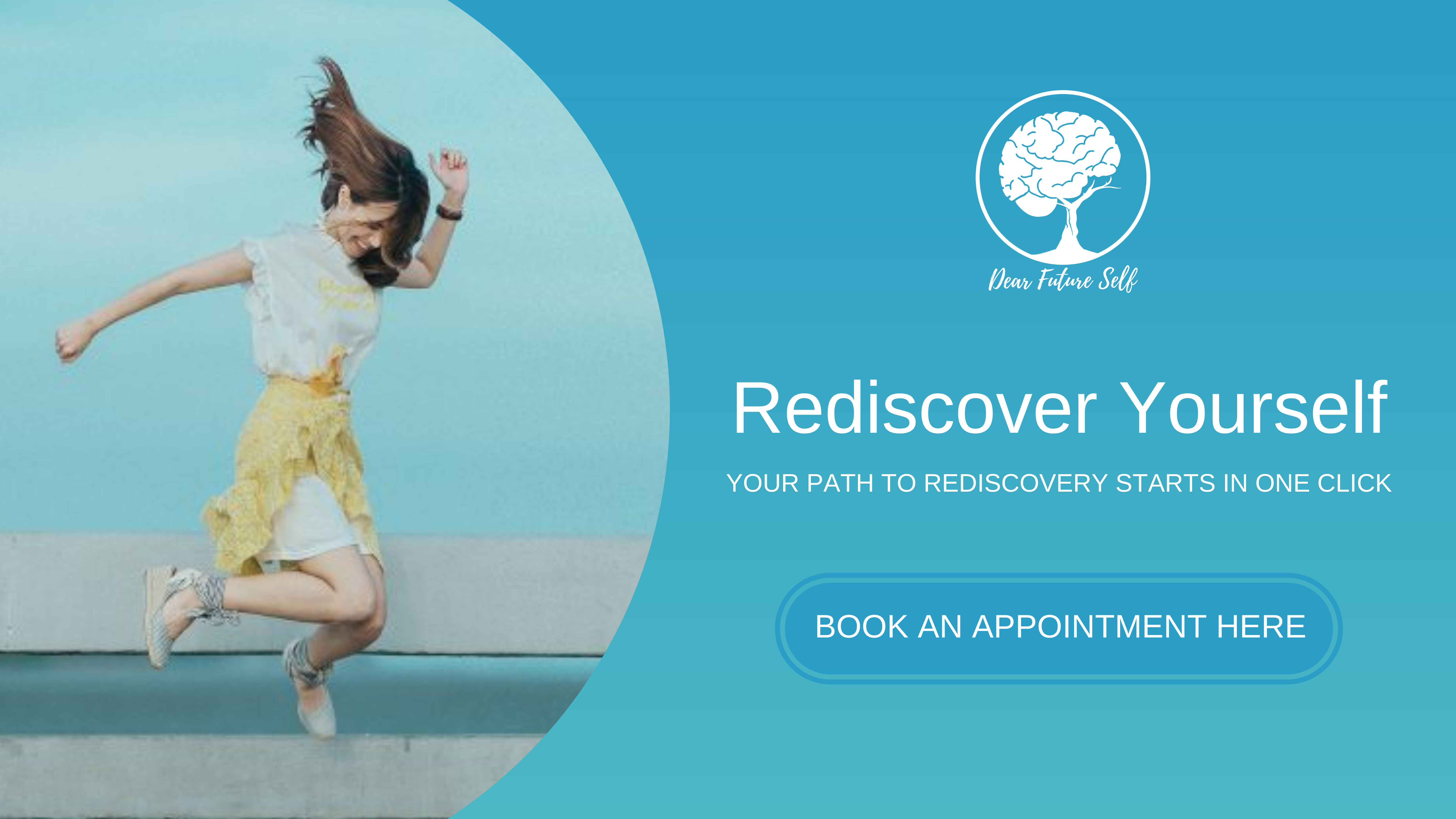
Gift Certificates & Self-Care Package
Connect with Us


